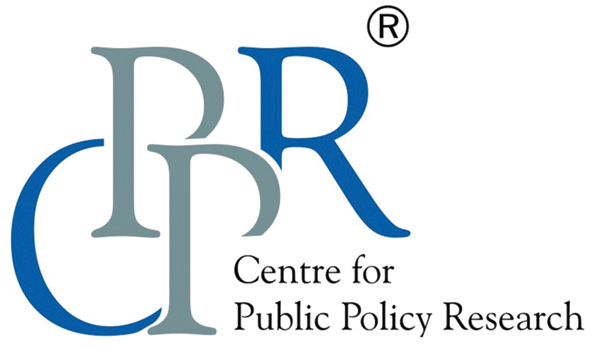Centre for Urban Studies

Autos, taxis hope to revive business as Kochi Metro set to resume
September 7, 2020
It won’t be a smooth ride for Kochi Metro. Here’s why
September 8, 2020Experts cheer inclusion of KMTA in Kerala government’s 100-day action plan
“An institution alone is not enough. It must be manned by experts who have sound domain knowledge and the capacity to execute legislation or decisions. For this, an effective framework is required to coordinate among different stakeholders,” comments CPPR Chairman Dr D Dhanuraj in a news article published in The Hindu.

Rules yet to be notified and jurisdiction of body to be finalised
The inclusion of Kochi Metropolitan Transport Authority (KMTA) in the State government’s 100-day action plan has brought cheer to public transport experts and urban planners.
Although the Bill to constitute the Authority became an Act about a year ago, the government has not yet finalised the rules and notified them. “The inclusion in the 100-day action plan shows that the government is serious about KMTA. The formation of the Authority is crucial to the streamlining of different modes of public transport, bringing them under one umbrella and ushering in efficiency,” said an urban transport expert associated with the framing of KMTA rules.
Once the rules are notified, the jurisdiction of the body and its members will have to be finalised. Preparatory works to integrate different modes of commute were done by among others, a team within Kochi Metro Rail Limited (KMRL).
Parking policy
Rationalisation of bus routes, common ticketing for different commuting modes, public information systems within buses and at bus stops will follow suit. The ongoing drive to install GPS in all public transport vehicles, except autorickshaws, by the year-end will help realise this. The KMTA can also evolve a parking policy in the Greater Kochi area and issue licence to operators of parking lots. The readying of an integrated transportation management system would enable the establishment of a unified common command and control centre for the body, said official sources.
On officials of KMRL and KSRTC being excluded from KMTA, they said that officials of those agencies could still be invited to participate in the Authority’s meetings. They could also be represented in sub committees formed for each commuting mode.
The chairman of city-based think tank Centre for Public Policy Research (CPPR), D. Dhanuraj, said the KMTA’s success would depend on capacity building. “An institution alone is not enough. It must be manned by experts who have sound domain knowledge and the capacity to execute legislation or decisions. For this, an effective framework is required to coordinate among different stakeholders,” he said.
Delegation of powers
Former senior deputy transport commissioner B.J. Antony, who was a member of KMRL’s urban transport wing that readied a draft of the KMTA legislation, claimed to be the first in India, said the delegation of powers must be done as soon as possible for different stakeholders of the body. “The Motor Vehicles Department, with four members in the body – Transport Minister as chairman, apart from Transport Secretary, Transport Commissioner and Deputy Transport Commissioner concerned – will have a major say in the decision-making process.”
Route rationalisation of buses would be an important challenge facing the body. It was crucial to attain optimal fleet utility for private and KSRTC buses, said B.G. Sreedevi, former director of National Transportation Planning and Research Centre (NATPAC). “Experts having adequate field exposure must be posted in KMTA, especially urban planners and highway engineers. This is important to promote public transport and to lessen reliance on private vehicles which cause congestion in cities and towns. If need be, mini buses must be introduced in by-roads to ensure last mile connectivity,” she added.
This news report was published in The Hindu on September 5, 2020. Click here to read

